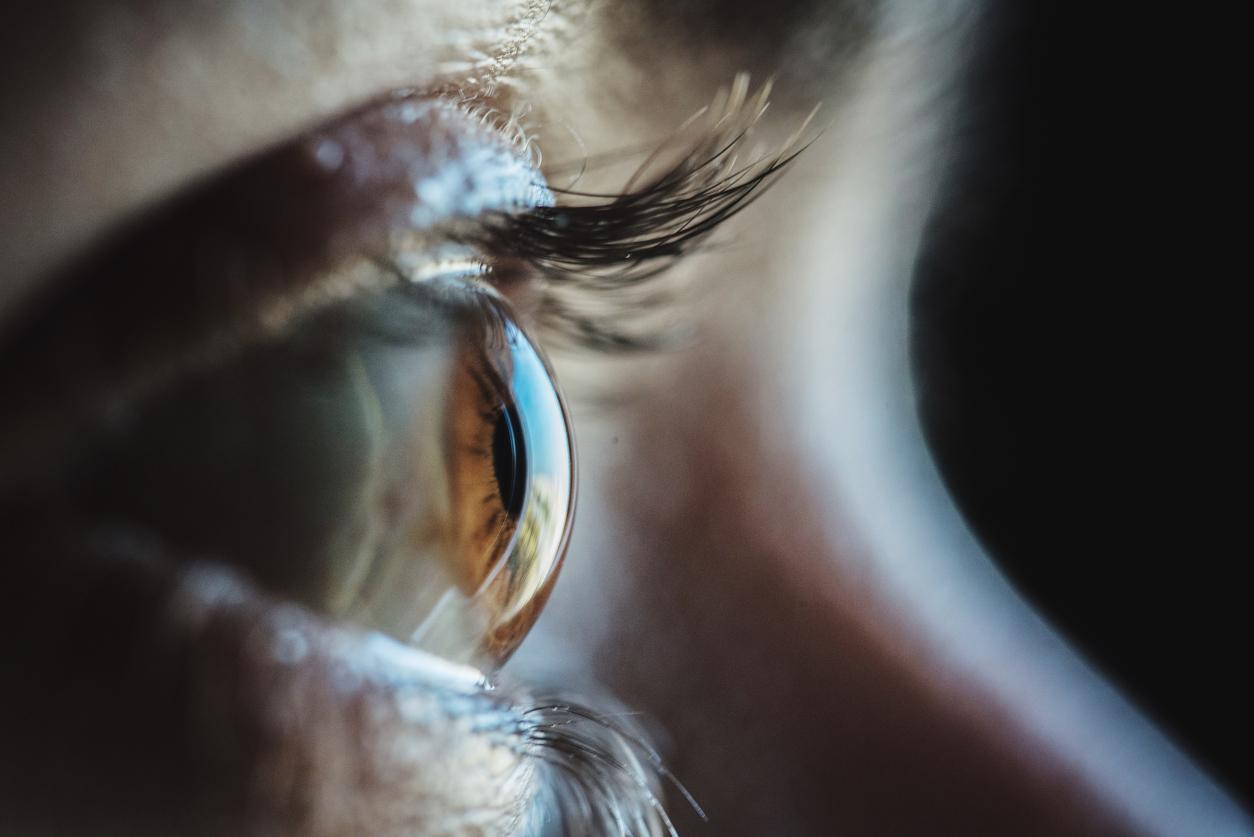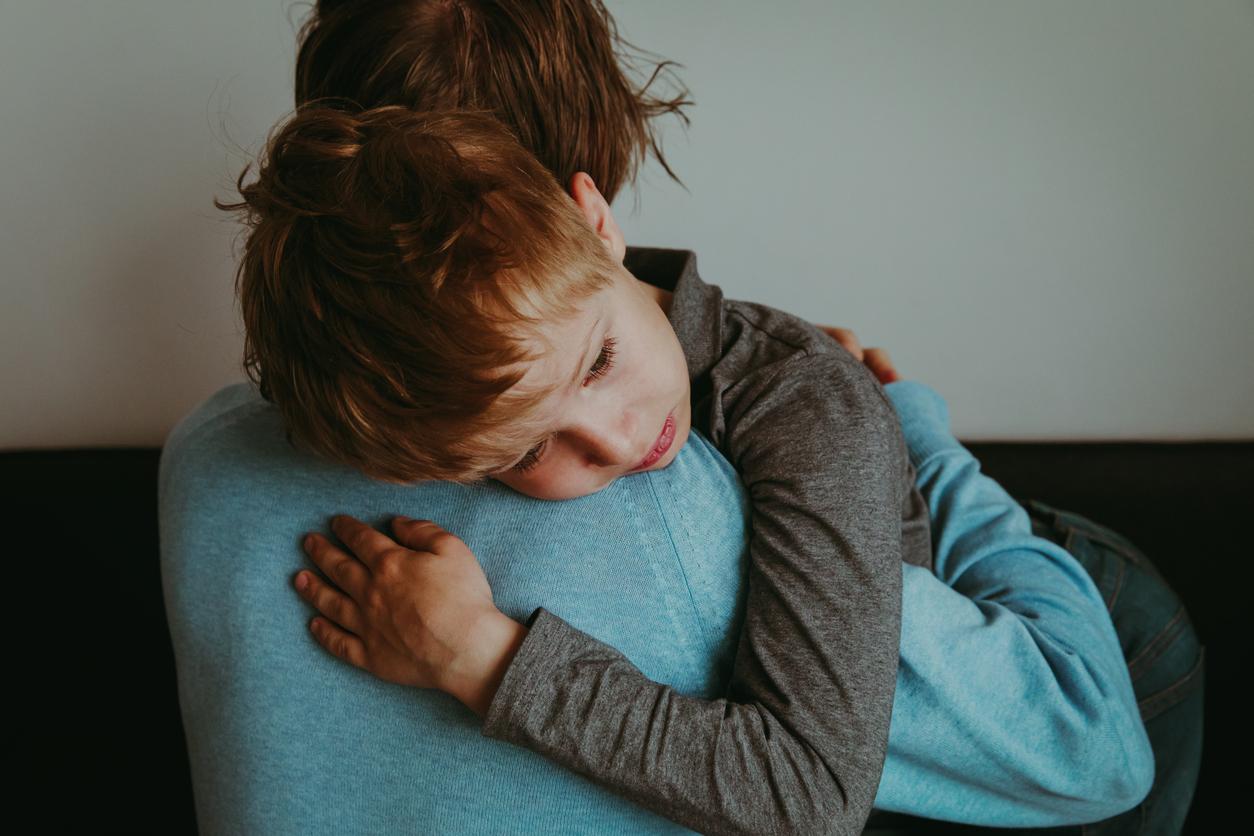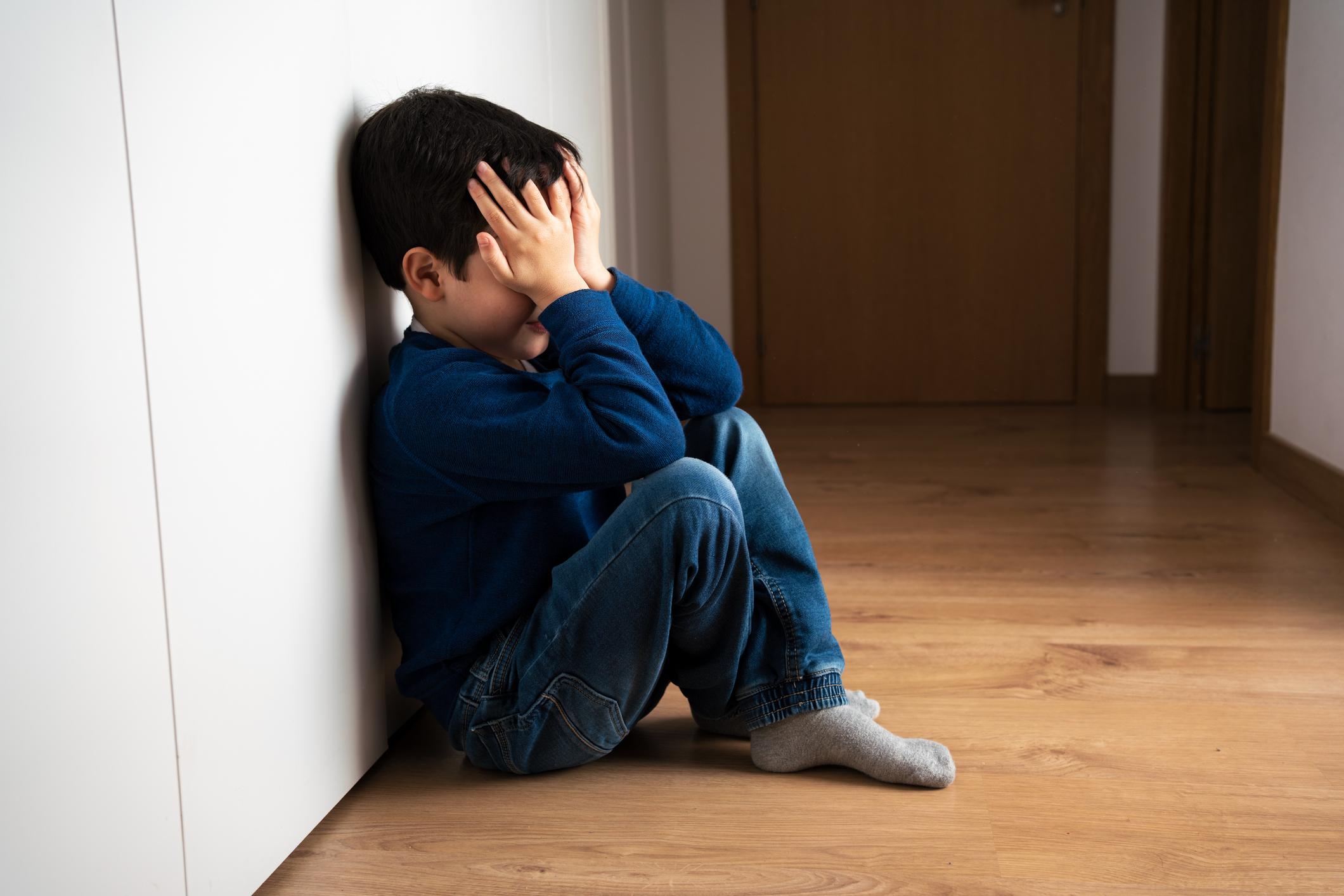Bénédicte is the mother of a young man diagnosed with schizophrenia as a teenager. Ten years later, he is painfully going up the slope. Alexandra is the daughter of a woman who has never wanted to admit her illness and refuses her treatment. On the occasion of the International Days of Schizophrenia, these relatives have agreed to confide in Why Doctor.

- Parents of schizophrenic patients highlight weaknesses in care
- Families of patients testify to the difficulty of supporting schizophrenics
“When a man talks to God, we say he is praying. When God speaks to a man, he is said to be schizophrenic”, said Hungarian psychiatrist Thomas Stephen Szasz. In our modern Western society, it is clear that schizophrenia has a rather bad reputation. “We close doors because of this word. It should be put in the trash. We can’t give him anything back. He no longer has any interest, he is dead. We have to find something else”rebels Benedict. She is the mother of Charles, 26, who has suffered from schizophrenia for about ten years. This woman is actively campaigning for a destigmatization of the disease and more fluidity in this “maze that is psychiatry today in France”. On the occasion of international schizophrenia dayswhich are held from March 14 to 21 in nine countries, Why Doctor went to meet relatives of patients.
“Charles fell ill at the age of 16 and a half. We see that her child is a little elsewhere, in her bubble. He speaks much less than before and begins to have a rather fleeting speech, to detach himself from his schooling and to move away from his friends. Since he had lost a lot of weight, we thought he had anorexia. The symptoms began in parallel with the consumption of cannabis and that there is adolescence on top, it is very complicated. Be that as it may, I immediately took him to a very good psychologist who immediately understood and who offered him hospitalization at the Pitié Salpêtrière, in child psychiatry. Then it was very long, he went to Sainte-Anne and to many different hospitals and the diagnosis of schizophrenia fell at 18 years old”says the mother who says she was shocked by “lack of support”.
“In France, nothing is set up for a young person who has to stop his studies because he is sick and needs treatment. Nothing is done to put the child back in his schooling at his own pace. But his potential is still there, there is no intellectual disability. Charles was very good at school but it would have taken a lot to support him and, unfortunately, psychiatry and school do not go together with us”deplores Bénédicte who has therefore decided to set up an association with other parents and to invest in “that we talk about the disease for what it really is” and advancing practices in France, where “there is a huge delay”.
“This disease is so badly received by society that it is not taken care of properly. There are extraordinary psychiatrists and some hospitals are very good at managing the crisis and providing medication, but you need non-hospital structures so that young people can then go and do cognitive recognition, for example. The hospital should only be a passage, the patients should then be able to continue their lives. They are full citizens”she continues.
“In those moments, she is completely out of control”
Alexandra’s mother, whose first symptoms were also manifested by worrying weight loss, also suffered from a lack of care. “Around the age of 18, one of her best friends died, she suffered from anorexia and started to stop talking. She was very weakened and was hospitalized but it was not at all identified as schizophrenia: we thought of a crisis of adolescence, quite simply. She was in a lethargic coma and was given electroshock treatment. After which, she lived normally, married my father who, a few years later, understood that she had little moments of absence, where she was delirious. It was seven years before she was taken into care”testifies the young woman of 30 years.
The care was so late that today the damage is irreversible. “Now the disease is part of his personality. Normally, my mother is always a little paranoid, it’s difficult to make conversation with her. For people who do not know her, she passes for a somewhat strange lady but who can deceive because she is autonomous. Big crises are quite rare and occur following an emotional shock. I saw her having a fit after her brother died, but once it was just because she missed her train. There, she unblocks for a good week and can stop people in the street to tell them that it is Jesus Christ. In these moments, she is completely out of control”says Alexandra.
Today, the young woman has “no plug” on the treatment of his mother, which the latter seems to follow as a dilettante. “I can’t forcibly medicate her and get her to see specialists because she refuses to admit she’s sick. I don’t know how she is treated but in my opinion she just sees a GP and not even a psychiatrist”, she explains, quite worried about the future.
“You have to take it step by step”
” Currently, she is very dependent on her mother but when she is no longer there, she will find herself in a situation where she will be very alone and she will be very affected. My sister and I are thinking about a measure to support her because it will become more and more complicated. We are in the process of obtaining a clearance. A guardianship would be really too heavy for us, we would have to report to the judge, manage our accounts in his place… There, there must be an expertise of the psychiatrist. Ultimately, the judge will decide. If he opts for guardianship, we will hire someone outside to manage the situation.
The outlook is much less bleak for Charles, taken care of much more quickly. “Today, my son is 27 years old, he has an apartment next to mine. He can pay his rent thanks to the disabled adult allowance, he does his shopping, cooks, meets a young woman and really wants to go back to his studies, to live like everyone else. He is no longer in constant crisis at all: he sometimes has little paranoia, but he manages to identify them and talks to me about them. It’s still there, it doesn’t go away, he has to live with it. There are still points for which he relies on me but it’s only a matter of time. Novelty frightens him, you have to go very slowly, step by step. He is ready to retake his baccalaureate. It will be difficult, given all that the disease has taken from him, but he has the right to try. We can’t ban him, that would be the worst thing. He has already lost so much and is well aware of it… If we do not encourage him to follow his wishes, he no longer has any interest in staying alive”says Bénédicte.
“My grandparents never wanted to admit that their daughter is sick”
However, she does not know how her son will be treated in the future. Like many patients, Charles hates treatments and can’t stand their side effects. “It is very difficult for him. He says that schizophrenia does not exist, that he lives experiences, that it is not because we hear voices that we have schizophrenia. He doesn’t see himself as sick. He admits that he sometimes freaks out but puts it down to cannabis”.
And for good reason, the disease is widely stigmatized and suffers from many received ideas. Public opinion often equates schizophrenics with dangerous and unpredictable people, and in many circles it is frowned upon to even consult.
“My grandparents never wanted to admit that their daughter is sick. They only say she’s a little bit extreme‘, laments Alexandra. I have already heard testimonials where people tell of managing their disease. I think it’s possible when it’s cared for from the start. When my father took care of my mother, it was already too late. She herself does not recognize that she is sick, she says that there is no problem. It would not have taken such proportions if his parents had taken matters into their own hands”regrets the young girl who, because of the disease, had to mourn a classic mother / daughter relationship for a long time.
The mourning of a classic mother/daughter relationship
“When I was little, I knew something was wrong because my mother always blamed me for things I didn’t do, but I didn’t know what was wrong with her. In adolescence, it became very conflicting, my mother was unbearable to us, my sister and me. As the disease is often triggered at this time and there is a part of genetics, I was terrified at the idea that it would fall on me. I always refused to take drugs, I was too afraid of losing control. Fortunately, the doctors reassured me and, today, I have much more hindsight on this whole situation. My mother can be really terrible with us but I think that, deep down, she loves us deeply. We are twins and she needs to differentiate us. One has to be mean and the other nice, the roles are reversed and our relationship evolves according to that. When she’s in a good mood, I can have a good time with her. I launch her on non-controversial subjects, she is very happy that we value her and that we make her speak because I think she is quite alone”testifies the Alexandra who, with her sister, has lunch with her mother once every Saturday, always in the same restaurant, in order to avoid unpleasant surprises as much as possible.
For Bénédicte, the heaviest weight is the stigma around the disease. “The ignorance of this schizophrenia makes it even more difficult for patients to get out of it. I know many families who have suffered from this today. When I see everything they went through to live like you and me, it’s amazingexplains the mother. This idea of a psychopath, of a split personality is so off the mark. The word ‘schizophrenia’ doesn’t even speak to me anymore, I’m talking about Charles’ disease.”
“Unfortunately, it’s the only word we have to talk about us. The association we created is called Collectif schizophrénie, but I can see how much this term repels people, I who try to involve personalities in our cause. People who have sick relatives don’t want to be associated with schizophrenia. Schizophrenia is great as a horror movie setting. Right away, we know what we are going to tell: we will talk about someone weird and unpredictable. However, the reality is so differentlaments Bénédicte. It’s very unfair but you have to deal with it.”

.
















